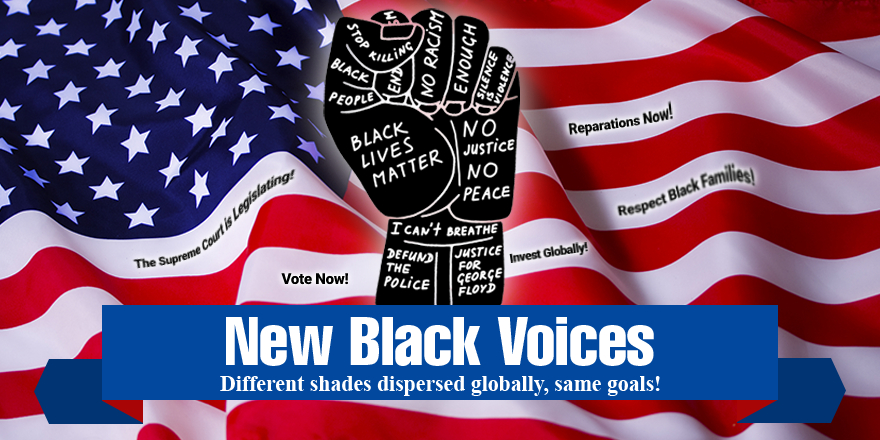By Arwa Mahdawi, The Guardian | Editorial Credit: Frederic Legrand – COMEO / shutterstock.com
The South African-born multibillionaire almost certainly worked in the US without correct authorisation – just another ‘enterprising expat’ operating in a ‘legal grey area’.
When is an illegal immigrant not an illegal immigrant? When they’re a privileged white person, of course. In that case the correct classification is “enterprising expat” operating in a “legal grey area”.
No prizes for guessing who I’m referencing here. Yep, it’s America’s most irritating immigrant: Elon Musk. Over the years, the South African-born multibillionaire has amplified numerous anti-immigrant conspiracy theories and declared: “We should also not be allowing people in the country if they’re breaking the law.” Which is interesting, because the Washington Post reported on Saturday that Musk almost certainly worked in the US without correct authorisation in 1995 after he dropped out of Stanford to launch a startup called Zip2.
This isn’t entirely new news: Kimbal Musk, the billionaire’s younger brother, has been very open about working in the US without proper legal status. During an interview at a conference in 2013, for example, Kimbal bluntly stated that the brothers were “illegal immigrants” when they started Zip2. Elon interjected that it was a “grey area” and the crowd laughed. Breaking the law is very funny when you’re a certain type of person.
Musk isn’t the only big name in Maga circles with a dubious work history. According to a 2016 investigation by the Associated Press, Melania Trump (America’s second-most irritating immigrant) was paid for 10 modelling jobs in the US that occurred shortly before she had legal permission to work there. Which hasn’t stopped her husband raging about immigrants “invading” the country.
While he might not be in the Magasphere, the Duke of Sussex is another example of how immigration laws are black and white for some people and rather more “grey” for others. In his memoir, Spare, Prince Harry talked openly about taking illegal drugs such as cocaine. Whether he was quite so open about his drug use in his US visa application is another story. If he lied, it may be grounds for deportation. A recent lawsuit from a rightwing think tank attempted to get Harry’s immigration records released but was unsuccessful. We’ll probably never know the truth, but one thing is clear: immigration rules don’t apply to everyone equally. Borders are always open for the rich.
I hope you appreciated this article. Before you move on, I wanted to ask if you would consider supporting the Guardian’s journalism during one of the most consequential news cycles of our lifetimes. As a reader-funded organization, we need your help to raise $2m so we can keep up our momentum.
In the heat of a tumultuous presidential race, there is an urgent need for free, trustworthy, truly independent journalism that foregrounds the stakes of this election for our country and planet.
Yet from Elon Musk to the Murdochs, a small number of billionaire owners have a powerful hold on so much of the information that reaches the public. The Guardian is different. We have no billionaire owner or shareholders to consider. Our journalism is produced to serve the public interest – not profit motives.
Largely because of this independence, we are able to avoid the trap that befalls much US media: the tendency, born of a desire to please all sides, to engage in false equivalence in the name of neutrality. The way we see it, our job is to be truly fair, which means listening to different points of view, but also calling out the lies of powerful people and institutions – and making clear how misinformation and demagoguery can damage democracy.
From threats to election integrity, to the spiraling climate crisis, to complex foreign conflicts, our journalists contextualize, investigate and illuminate the critical stories of our time. As a global news organization with a robust US reporting staff, we’re able to provide a fresh, outsider perspective – one so often missing in the American media bubble.

